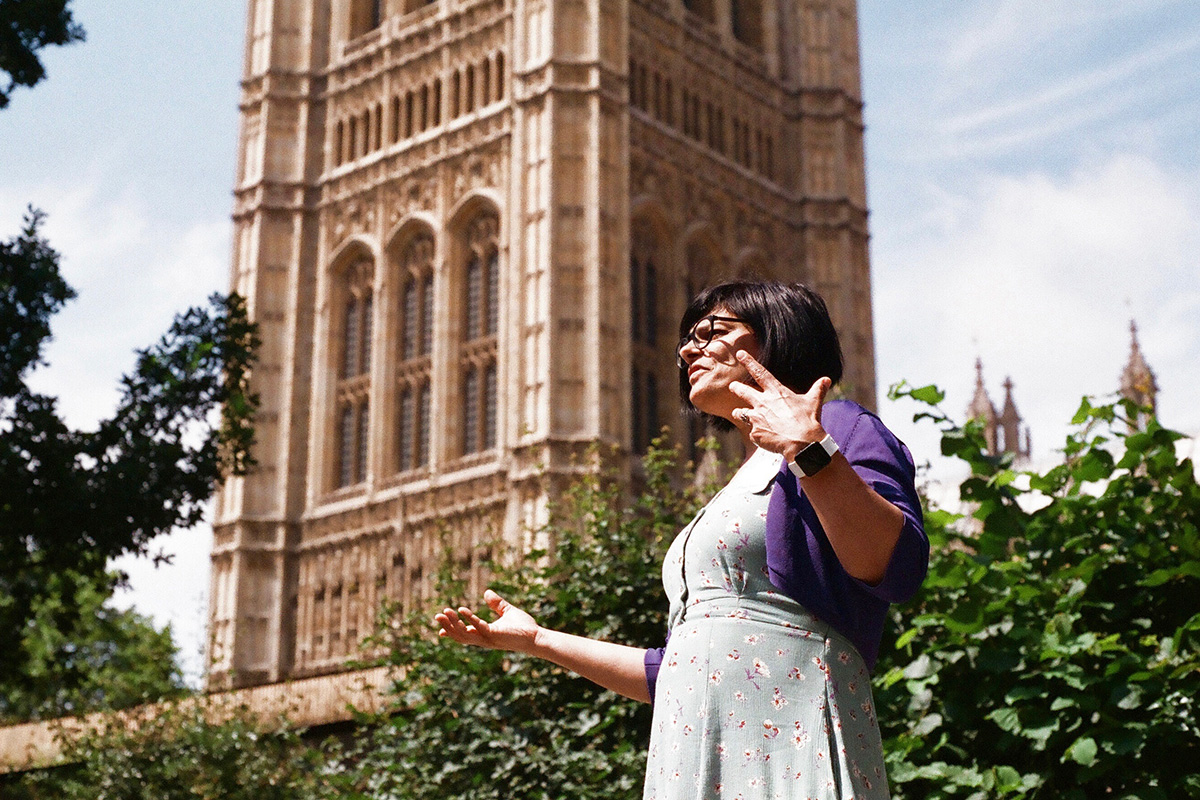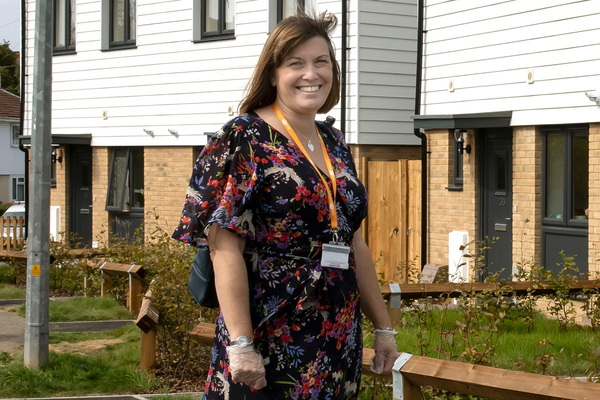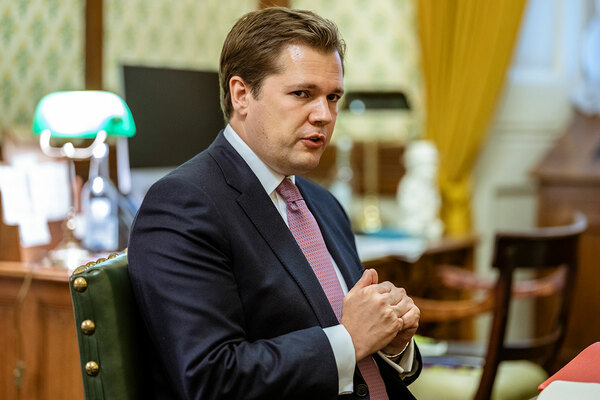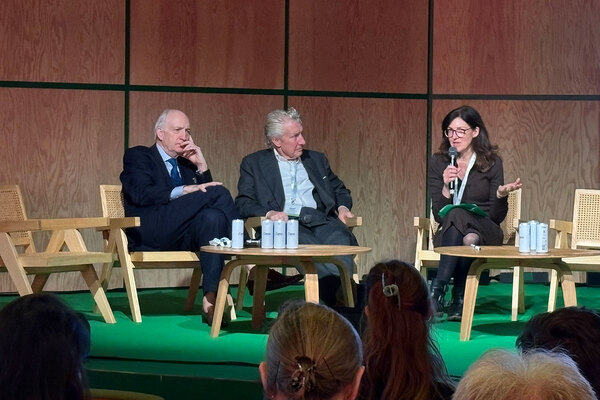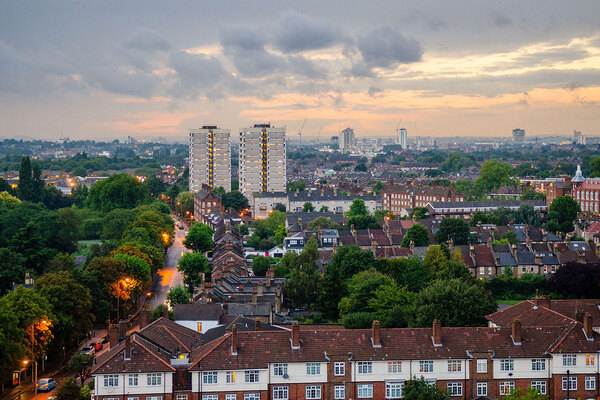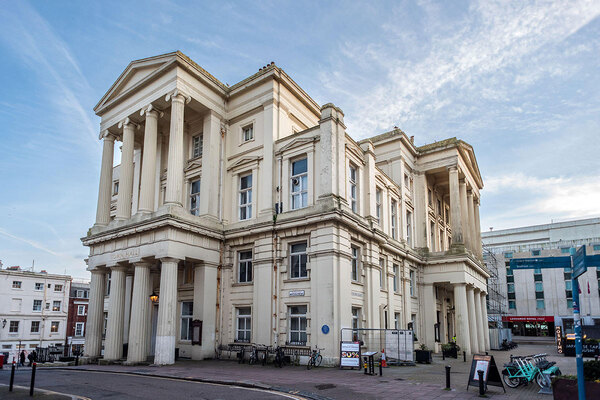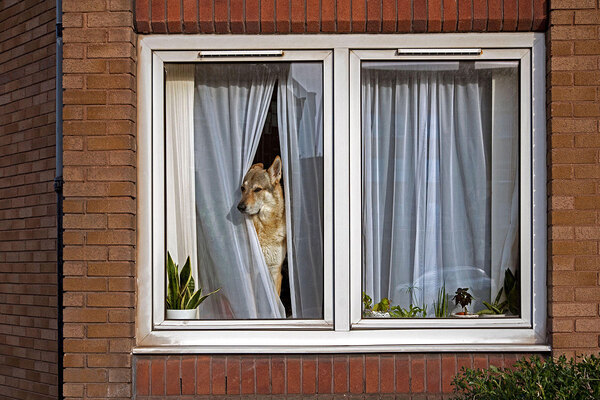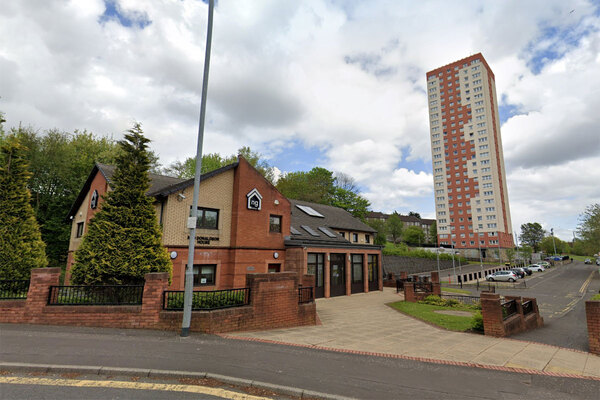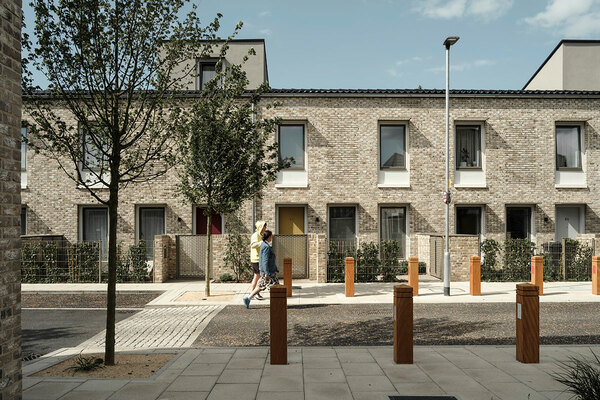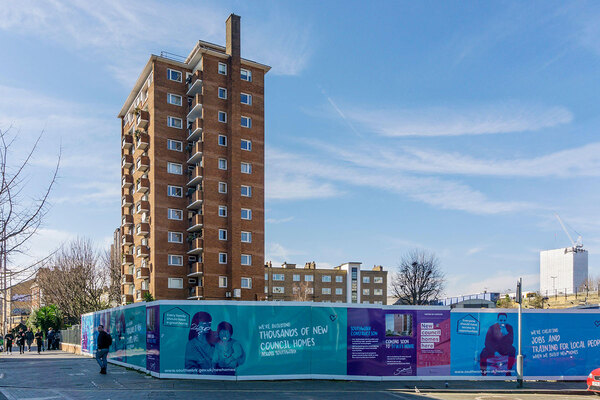You are viewing 1 of your 1 free articles
Meet the shadow housing secretary
Thangam Debbonaire became shadow housing secretary amid a global health crisis. Peter Apps finds out how she is shaping Labour’s housing policy
It was during Thangam Debbonaire’s early career working for charities supporting survivors of domestic violence and lobbying for change that she realised the power of politics.
“The first time I came into contact with politics in an organised way was when I helped work on the laws on injunctions in the 1990s which made it easier for victims to get back into their own home safely,” she says.
“Before that law was passed, there was a limited amount that I could do to help protect women and children who were fleeing a domestic abuser. Afterwards there was more – it’s as simple as that. That was the first nugget that inspired me as to what organised politics, in the democratically elected sense, can really achieve.”
“Whatever housing system you would design for a health crisis like that and a lockdown, you wouldn’t design the one we’ve got now”
Her time working for charities such as Women’s Aid and Respect also impressed upon her the importance of housing.
“Housing is everything in domestic violence. Safety is what you’re striving for, but there is no safety without somewhere safe to live,” she explains.
Ms Debbonaire now finds herself in a position of influence in this regard. In April, she was named shadow secretary of state for housing in Sir Keir Starmer’s first shadow cabinet, replacing longstanding incumbent John Healey.
Of course, her first four months have not been like any other in memory. And as the coronavirus crisis developed, housing has played an increasingly important role.
“Whatever housing system you would design for a health crisis like that and a lockdown, you wouldn’t design the one we’ve got now,” Ms Debbonaire says. “The housing system has been exposed in all its flaws through the COVID crisis.”
“There are so many people, so many households, who don’t have access to outdoor space, whose children haven’t had access to somewhere green and open to breathe and play in, who haven’t had adequate space inside, who don’t have homes that are easy to heat, who are in such insecure housing that as soon as they lose their job they’re in real trouble.”
We speak at the end of August, a few days after the government U-turned on the lifting of the eviction ban and pushed it back for four weeks. “The government has been warned since March – my predecessor John Healey warned what was likely to happen and what needed to happen to prevent that from turning into a crisis. They ignored John in March and ignored me again in May when I proposed various ideas for how they could prevent it becoming a further crisis,” she says.
“Is the housing of high quality, affordable and contributing to a good quality of life? And is it helping us to solve the climate change problem which we need to do urgently? Those are two things which I think are fundamental to how I’m trying to build policy”
These proposals in May, a five-point plan published in Inside Housing, sparked an internal Labour Party row which exposed the current divisions in her party.
More than 4,000 party members signed an open letter – organised by left-leaning pressure group Momentum – calling for rent arrears to be cancelled rather than, as Ms Debbonaire had suggested, paid back over a two-year period.
The row became a totemic moment, with supporters of Jeremy Corbyn suggesting it was indicative of a switch to the right under Sir Keir (as a point of fact, Mr Corbyn first suggested rent deferrals as well, before shifting to a “suspension”).
Ms Debbonaire is diplomatic: “The suggestions that we put forward as a party were recognised and valued by people such as Shelter, Citizens Advice [and] Inside Housing readers. People actually working with people who are struggling with rent came out and gave it a lot of support.
“Of course within any political party there’s a broad range of views, and of course the Labour Party debates things both openly and in private conversations... That’s really healthy in a political party.
“Nonetheless, the job of a shadow secretary of state is to try and come to a considered decision about what we can reasonably ask the government to do.”
Where does she fit into Labour’s “broad range” of political views? For the moment, she keeps her cards close to her chest and declines to give a specific position on either rent control or scrapping the Right to Buy – policies which typically define housing politicians who lean left.
“Climate change hasn’t gone away just because of COVID”
“I’m interested in any policy that helps increase the total supply of truly affordable housing that is safe and secure. [But] I’m not going to write right now what’s going to be in the Labour Party manifesto,” she says.
What then is the starting point? What is she seeking to achieve as she begins to work on the policies which will take Labour to the 2024 election? The keywords are affordability and climate change.
“There are two things: is the housing of high quality, affordable and contributing to a good quality of life? And is it helping us to solve the climate change problem which we need to do urgently? Those are two things which I think are fundamental to how I’m trying to build policy,” Ms Debbonaire says.
“Climate change hasn’t gone away just because of COVID. So, we will need to look again at every single aspect of policy and that will be determined by how well this gets us to a situation where everybody does have a decent home that’s safe and secure and affordable, but also the housing that we build is at the highest environmental quality and it contributes to bring down our carbon emissions.
“If you’re a free marketeer you think the market will provide these things – well it patently isn’t. So, you have to think about ways in which you can alter that dynamic.”
Some of these views may be influenced by her background: she grew up in a rural setting in “a house that you couldn’t call well insulated” but had plenty of space for growing vegetables and keeping chickens and ducks.
Ms Debbonaire then lived and went to school in Sweden, where she was struck by the higher quality of housing. “It’s assumed housing should be good quality and that should be something that everybody has responsibility for and that the state, in particular, takes a great role in,” she says.
She has lived in Bristol since the 1990s, buying a house in the city aged 25 after getting her first job “at a time when housing was still really affordable”.
“If I was in government right now, I would be saying to the country: ‘Here is a clear example of systemic discrimination against Black and ethnic minority people which needs to be fixed’”
Ms Debbonaire now represents Bristol West, a seat that was Liberal Democrat until 2015 but is now a Labour safe seat. Part of the reason for this change, she believes, is the way the housing market in Bristol has shifted.
“You can see that the increased proportion of the private rental market has not actually helped true affordability or true quality,” she says. “There are good landlords in the private rental sector… but what’s gone wrong is that the markets tip so far towards them at the expense of quality, at the expense of space, very often.”
Further indications of her policy position are evidenced in her criticism of the way the government has “mangled” the definition of affordability, through the introduction of affordable rents which can be up to 80% of the market rate.
She also speaks out against the government’s Help to Buy scheme which she says has “distorted the market” and “benefited developers”.
Ms Debbonaire cites Resolution Foundation research from July which made a link between ethnicity and poor-quality housing. “There’s a clear correlation between people living in Black and minority ethnic households
and poor-quality housing,” she says.
“If I was in government right now, I would be saying to the country: ‘Here is a clear example of systemic discrimination against Black and ethnic minority people which needs to be fixed.’”
Put these pieces together and you start getting the shape of what Labour housing policy will look like under Ms Debbonaire and Sir Keir: a major focus on quality, climate change, affordability and security, and a move away from a reliance on the market to fix the problems.
For the precise shape of these policies, we will have to wait for the months and years ahead but a course, at least, has been set.
Thangam Debbonaire is speaking at the Virtual Housing Festival on Monday 7 September at 4.15pm
Related stories
